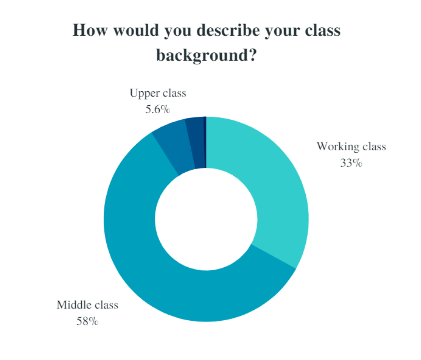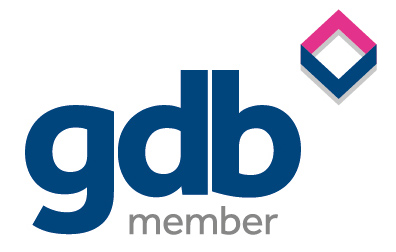Harvey John
Unit 2 Ferry Wharf
Hove Enterprise Centre
Basin Road North
Portslade, East Sussex
BN41 1BD
This is part 1 of a short series exploring the impact socio-economic factors have on our career choices and what the Accountancy, Tax & Treasury and Legal sectors can do to increase working-class representation.
George Orwell once described Britain as “the most class-ridden society under the sun“.
Has much changed since? Arguably, no – not really.
Traditional class divisions may have shifted, particularly during the 1990s when the chances of social mobility soared. But, this quickly stalled in the early noughties. These continuous shifts are often the reason why both defining and measuring class are notoriously difficult. For centuries social scientists have wrestled to secure a tangible concept of class with little avail.
What it means to be ‘working class’ today is not the same as what it meant to be ‘working class’ in the 19th century. As society evolves, shifts take place in our social, economic, and cultural life, which are all key in determining class.
We Brits are obsessed with class; it is deeply entrenched in the public consciousness. You only need to think of infamous British TV programmes, like the axed Jeremy Kyle Show which captures how saturated our media is with classist stereotyping.
Class in the Workplace
It is no shocker that these stereotypes have resulted in prejudices that are playing out in the workplace. Whether that’s judgments made based on accent, your level of education, or where you grew up. Just last month the BBC revealed how regional accentism secretly affects our job prospects.
This is not to say that biases don’t exist at the other end of the spectrum, just take a look at this quote from our survey.
“People need to stop revering those with posh accents from privileged backgrounds…” (Director, Accountancy Firm)
However, what is abundantly clear is that those from lower socioeconomic backgrounds face far more challenges in the workplace than their more ‘privileged’ peers across areas such as pay, progression, and networking.
60% of the UK population consider themselves to be working class, yet only 33% of respondents to Harvey John’s Diversity & Inclusion survey consider themselves to be from a working-class background.

To be honest, having personally grown up in Llanelli in South Wales, more recently dubbed ‘Tin Town’, this didn’t surprise me.
Traditionally middle-class occupations were hardly visible growing up and jobs in the finance or legal sectors were never evident at my school’s careers day. As such, I never really knew what an accountant did (let alone a VAT Specialist!) until I went to university. It’s funny, it’s as if there’s a subliminal message, saying these jobs aren’t for people like you (side note, in hindsight I was never good with numbers so I don’t think accountancy would be the right fit for me anyway!).
The data Harvey John has gathered seems to support my teenage experiences in Llanelli. It suggests that a ‘class ceiling’ remains intact within the tax, treasury, accountancy and legal sectors.
Socio-economic factors impact career choice, which explains why the majority of those specialising in our niche sectors are middle class.
So what are the challenges that firms need to overcome to gain more working-class representation in their teams?








